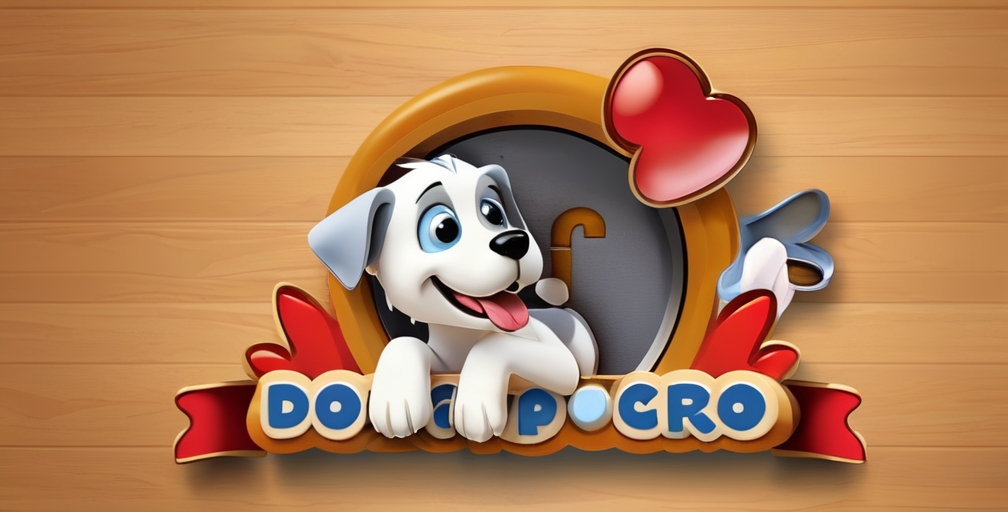Overview of Colitis in Dogs
What is Colitis?
Generally speaking, Colitis is defined as a medical condition that is characterized by the swelling of the large intestine, which is also called the colon.
However, Colitis is a relatively general term for this condition, and can be caused by several different factors. Colitis is also called SBS (Spastic Bowel Syndrome), IBD (Inflammatory Bowel Disease), and AC (Acute Colitis).
The most common symptoms of Colitis are constipation, diarrhea, and, in some cases, weight loss. Most cases of Colitis do require treatments that are prescribed by a veterinarian.
What Types of Dogs can get Colitis?
Though it is possible for nearly any dog to be susceptible to getting colitis, some dogs are more prone to developing Colitis than others.
As far as dog breeds, Boxers are well known for being very susceptible to Colitis.
In addition to this, dogs that are experiencing environmental stress, or are prone to anxiety, are more likely to develop Colitis than dogs that do not experience these conditions.
Is Colitis Fatal?
In most mild cases, Colitis in itself does not put your dog in immediate danger of developing serious health complications. However, if left untreated, it is still possible for possibly life-threatening complications to develop if your dog is not subject to veterinary care. While there are many antibiotics that can be used to treat Colitis, they are only effective if the Colitis is being caused by a bacteria.
Similar to this is Colitis that is caused by parasites, which can only be treated by anti-parasitic treatments.
It’s very important for a veterinarian to positively identify the cause of a dog’s Colitis, since this can prevent mis-treatment and possibly serious complications. If a dog’s Colitis becomes chronic, however, it becomes a potentially harmful health condition.
What Can I do to Prevent Colitis?
Though not all Colitis is able to be prevented, there are several things you can do to prevent certain causes of Colitis. One of the best things you can do is to monitor your dog’s diet and eating habits. If your dog has difficulty with bowel movements after you have switched to a particular type of food, it is best to continue switching food until you find something that works well with your dog’s digestion.
Try to choose high-quality foods that contain ingredients that are easily digestible by your dog. Some dog owners have success when feeding their dog a low-carbohydrate, high-protein diet that is grain-free.

